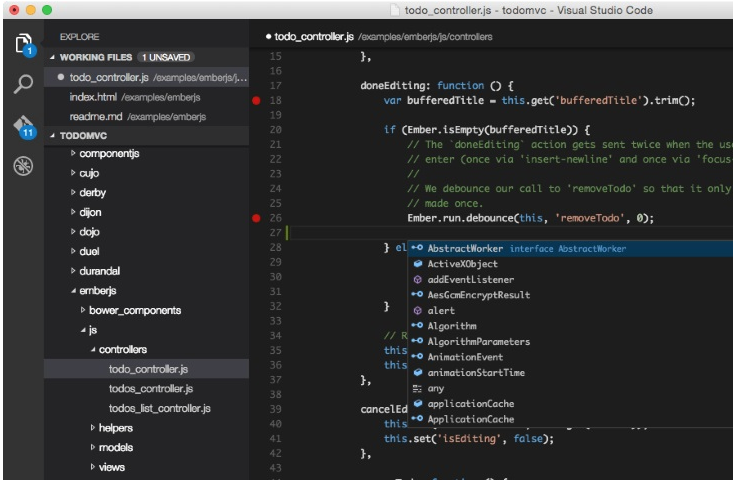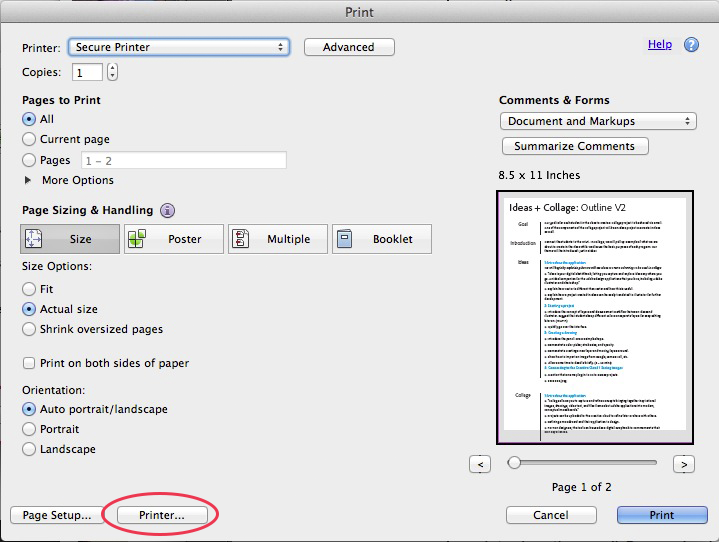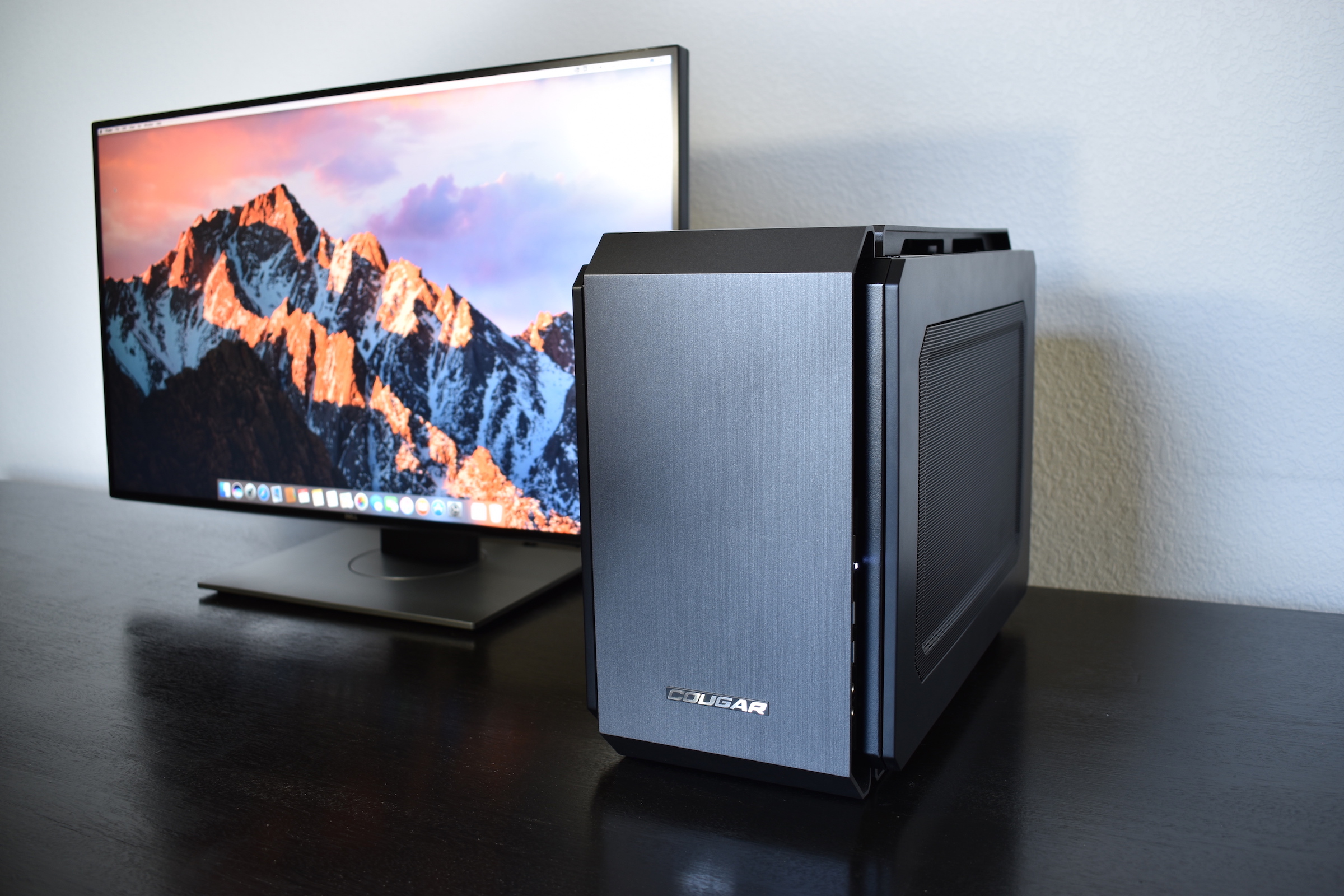
- Install java for mac 10.7.5 how to#
- Install java for mac 10.7.5 install#
- Install java for mac 10.7.5 mac#
Java HotSpot(TM) 64-Bit Server VM (build 20.
Install java for mac 10.7.5 mac#
So I removed the symbolic link CurrentJDK sudo rm CurrentJDKĪnd re-created the symbolic link pointing to JDK6, which is still on my Mac sudo ln -s /System/Library/Java/JavaVirtualMachines/1.6.0.jdk/Contents/ CurrentJDKĪnd that did the trick for me java -version Lrwxr-xr-x 1 root wheel 59 Nov 20 21:40 CurrentJDK -> /Library/Java/JavaVirtualMachines/jdk1.7.0_45.jdk/Contents/ Lrwxr-xr-x 1 root wheel 1 Oct 25 17:01 Current -> A Lrwxr-xr-x 1 root wheel 10 Oct 25 17:01 1.6 -> CurrentJDK Lrwxr-xr-x 1 root wheel 10 Oct 25 17:01 1.5 -> CurrentJDK I noticed that in my /System/Library/Frameworks/amework/Versions/, it showed the following: lrwxr-xr-x 1 root wheel 10 Oct 25 17:01 1.4 -> CurrentJDK I needed to revert back to JDK6, and I did it differently. After having installed JDK7, some of my applications no longer worked. Select System in the Keychain drop-down and click Add. Java HotSpot(TM) 64-Bit Server VM (build 23.5-b02, mixed mode) Transferring Mac 10.7 Certificate Files Open Keychain Access Manager.

Java(TM) SE Runtime Environment (build 1.7.0_09-b05) $ export JAVA_HOME=`/usr/libexec/java_home -v '1.7*'` Java HotSpot(TM) 64-Bit Server VM (build 20.12-b01-434, mixed mode) $ export JAVA_HOME=`/usr/libexec/java_home -v '1.6*'` bash_profile file in your home directory. You can use this value to set JAVA_HOME: export JAVA_HOME=`/usr/libexec/java_home -v '1.6*'`Įither as a one-off for a particular Terminal session, or permanently for all future terminal sessions by adding the above line to the. Will return a JAVA_HOME value for the best available 1.6 JDK on your system. This will be Java 7, but you can apply constraints using the -v flag, for example /usr/libexec/java_home -v '1.6*' Will print out the appropriate JAVA_HOME value for the most up to date JDK on your system. In the case of this screenshot, Java JDK 11.0.15 is installed. To do this, hold down the Command key on your keyboard and press the Space Bar and type 'Terminal' in the search field, click on the Terminal icon: Type: java -version. The tool /usr/libexec/java_home is your friend here. Installed Java versions can be determined from the Mac Terminal by typing the command: java -version.

command line tools are sensitive to the value of the JAVA_HOME environment variable and will use 1.6 if this variable points to a 1.6 JDK. I've tried reinstalling various versions of JRE and JDK to no avail.The java, javac, etc. Unfortunately Utilities -> Java Preferences has been removed in OSX 10.7.5, and trying to load the System Preference -> Java pane doesn't work (it tells me that it opens in a new window but doesn't, when the button appears to reload it, clicking it doesn't do anything).
Install java for mac 10.7.5 install#
Which I understand is to be expected with a straight install of Java 7.

Running 'java -version' in terminal gives me:

Programs such as Minecraft and PhpStorm will crash completely with no errors. The JVM shared library "/System/Library/Frameworks/amework" does not contain the JNI_CreateJavaVM symbol. Currently when I try to run Eclipse I get the error:
Install java for mac 10.7.5 how to#
Unfortunately this seems to have mucked up Java all together and I'm not sure how to resolve the problem. I've tried to install Java 7 (aka 1.7) on OSX 10.7.5 (Lion).


 0 kommentar(er)
0 kommentar(er)
